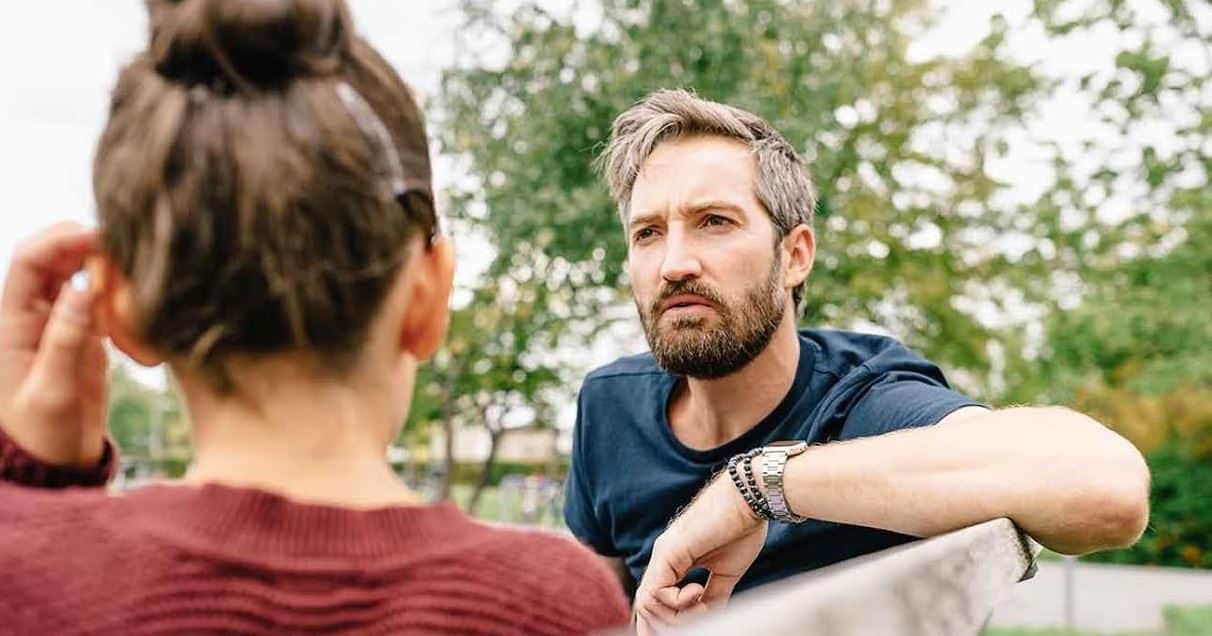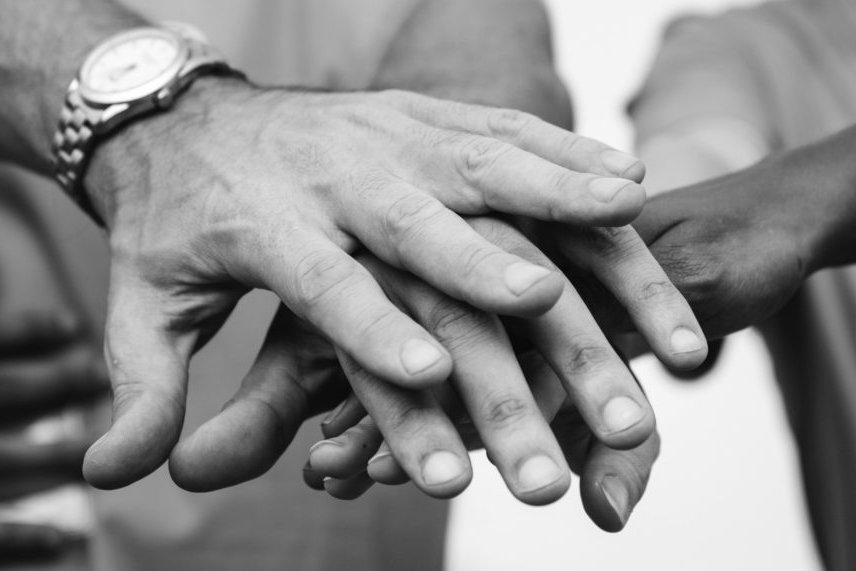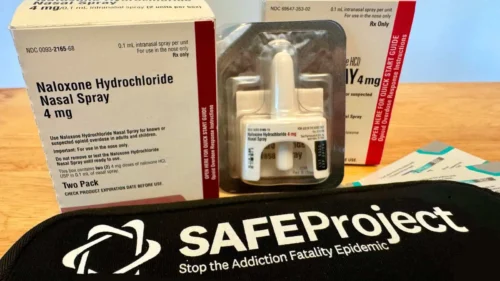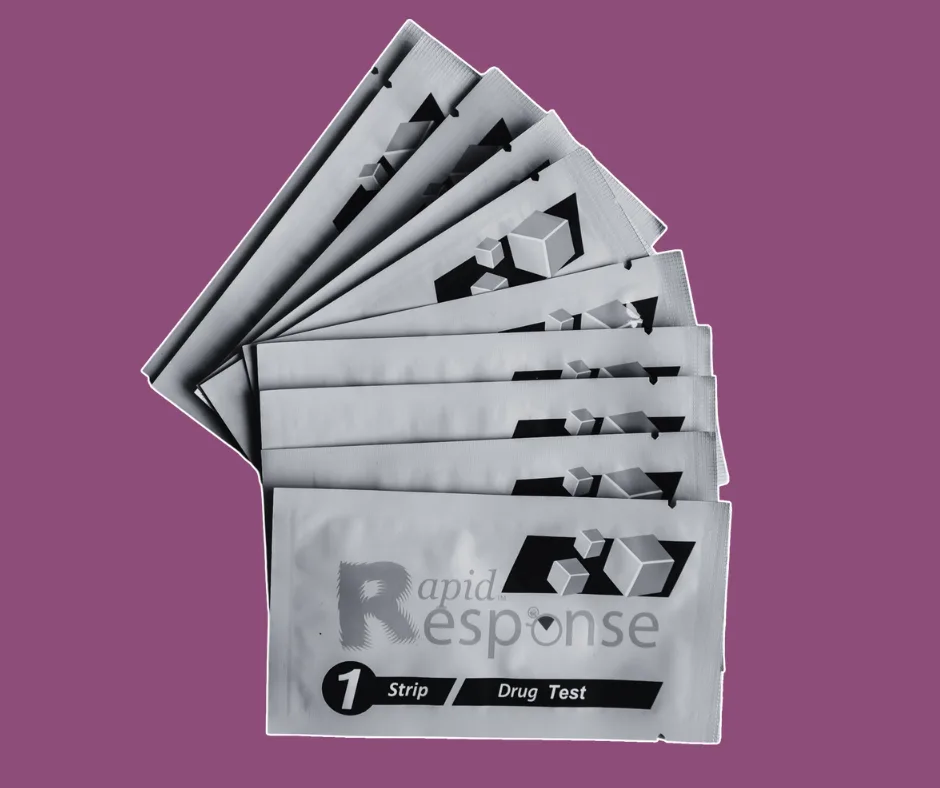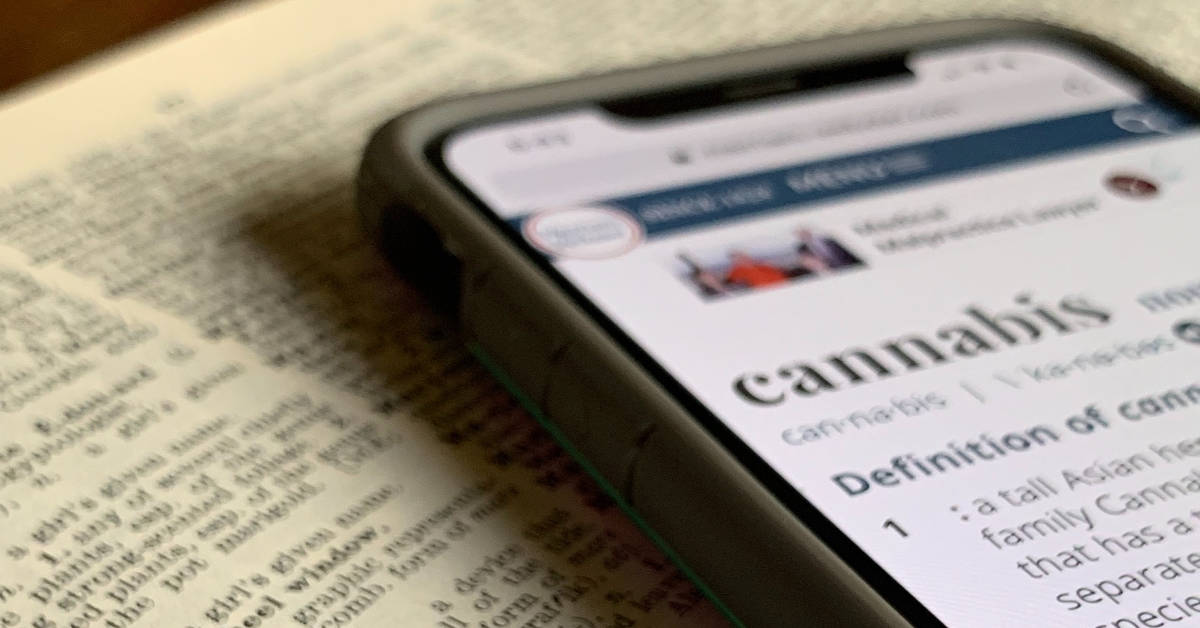At SAFE Project, we believe in sharing all the helpful information we learn about the addiction epidemic. Our resources, listed below, were created as we have compiled important information for our four initiatives: SAFE Campuses, SAFE Communities, SAFE Workplaces, and SAFE Veterans.
Parenting
What are Adverse Childhood Experiences (ACEs)?
What you need to know about childhood trauma and how they can have long-term consequences throughout a lifetime: emotionally, psychologically, and biologically.
Does My Child or Teen Need Mental Health Support?
The mental health children, teens, and young adults is of notable importance. Learn how to know when it’s time to get them some extra support.
When They’re Young
Learn how to talk to your kids about opioids and substance use disorder. Parents, grandparents, caregivers, relatives, coaches, educators, and family friends can all play a role in that conversation.
Talking to Children about a Loved One’s Substance Use
Start talking about substance use and mental health challenges with children at a young age; this is especially important for families that may already be experiencing challenges with a loved one.
Preparing to Talk to Your Teen
If you have wondered whether it’s time to talk to your teen about substance use of any kind, it IS time. Learn how to connect with your teen, and start building a trusting relationship based on mutual respect.
How to Talk and Listen to Your Teen
A strong foundation means when the time comes to discuss harder issues — like drug usage or alcohol — we’ve already got a healthy start.
At the First Signs of Substance Use
Addiction can take many forms. Here are several things to keep in mind at the first signs and concerns regarding possible substance use.
When Things Get Rough
It’s a painful process to accept that your loved one may have a substance use disorder. Don’t let stigma or shame stop you from getting the help and support you need at this time.
Intervention
Preparing For an Intervention
Interventions are designed to help your family member, spouse, partner, friend, or even a colleague agree to seek treatment.
What to Expect During an Intervention
People in recovery and family members share their lessons learned from participating in interventions.
After an Intervention
Every treatment experience is unique, and recovery is a life-long journey – for your loved one and for you.
Treatment & Transition
The Truth About Harm Reduction
Harm reduction treats individuals with substance use disorders with dignity and respect using a social justice and health equity lens.
When They Are in Treatment
It may feel like a relief to finally have your loved one in treatment, but it also is a time of change. Learn about support for them and self-care for you.

How to Support Your Spouse or Partner’s Transition Out of Treatment
When you share your life together, you’ll also share in one another’s recovery and transition.
How to Support Your Child’s Transition Out of Treatment
Here’s how you can best support them — and yourself — on this journey.
How to Support Your Friend’s Transition Out of Treatment
Understanding what to say and do so you can be part of their support system right now.
Recovery
Everyday Etiquette For Recovery Allies
At its very core, recovery etiquette promotes kindness, consideration, and humility. As recovery allies, that’s exactly what we want to stand for personally and for people in recovery.
Early Recovery: Transitioning Out of Treatment
Find out what to expect when you are transitioning out of treatment along the path to recovery.
How to Thrive in Recovery
Get valuable tips that can help you or a loved one during the recovery journey.
Substances & Medication
Naloxone
Naloxone is a medication used in opioid overdoses to counteract life-threatening depression of the central nervous and respiratory systems, allowing an individual experiencing an overdose to breathe normally.
Fentanyl
Fentanyl is an opioid drug that acts upon the opioid receptors in the brain. It is approximately 50 times more potent than heroin and produces more immediate yet shorter lasting effects.
Alcohol
Alcohol consumption is pervasive in our culture and everyday lives. Understanding its impact is crucial to empower you to make informed choices.
Cannabis Use Disorder
One of the more confusing and, perhaps, controversial issues for many Americans is both the legalization and widespread use of cannabis. We may know less about cannabis than we think we do.
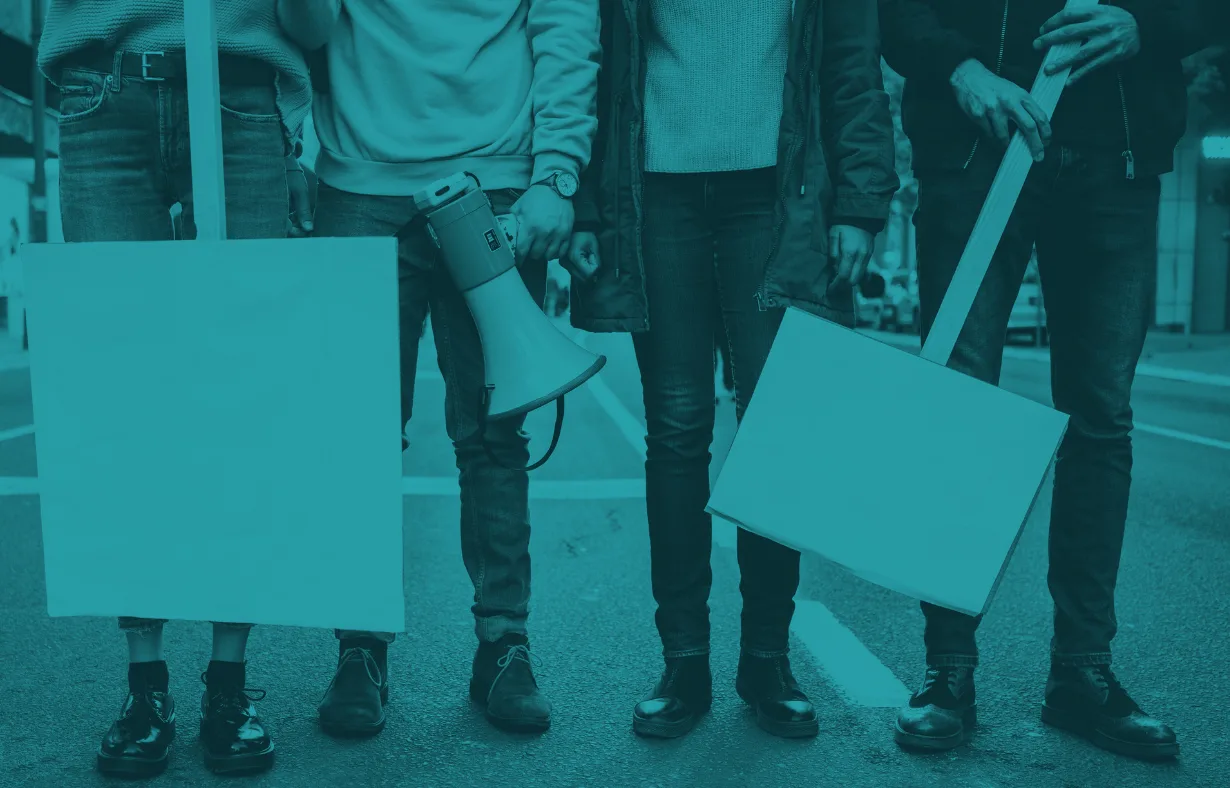
Need Help Right Now?
Dial or text 988 on your phone for the Suicide & Crisis Lifeline.
When you reach out, you will be connected to trained counselors that are part of the Lifeline network. These trained counselors will listen, understand how your problems are affecting you, provide support, and connect you to resources if necessary.






